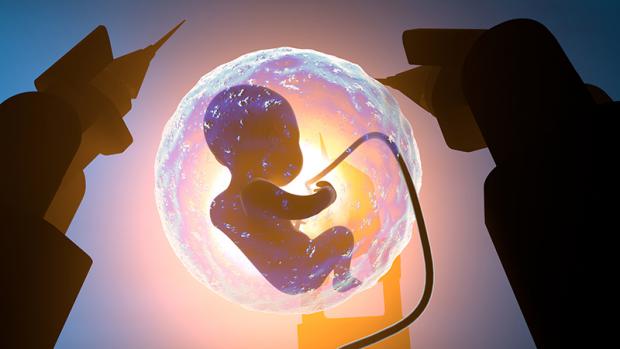
Breaking News
 FDA Removes Web Content Saying Cellphones Are Harmless - HHS Launches Study
FDA Removes Web Content Saying Cellphones Are Harmless - HHS Launches Study
 If Britain Bans X, How Far Will It Go To Block Free Speech?
If Britain Bans X, How Far Will It Go To Block Free Speech?
 Border Czar Tom Homan Has Plan To Target Anti-Ice Agitators
Border Czar Tom Homan Has Plan To Target Anti-Ice Agitators
 Minneapolis "Now Crawling With National Guard" Amid Ongoing Protests
Minneapolis "Now Crawling With National Guard" Amid Ongoing Protests
Top Tech News
 Solar Just Took a Huge Leap Forward!- CallSun 215 Anti Shade Panel
Solar Just Took a Huge Leap Forward!- CallSun 215 Anti Shade Panel
 XAI Grok 4.20 and OpenAI GPT 5.2 Are Solving Significant Previously Unsolved Math Proofs
XAI Grok 4.20 and OpenAI GPT 5.2 Are Solving Significant Previously Unsolved Math Proofs
 Watch: World's fastest drone hits 408 mph to reclaim speed record
Watch: World's fastest drone hits 408 mph to reclaim speed record
 Ukrainian robot soldier holds off Russian forces by itself in six-week battle
Ukrainian robot soldier holds off Russian forces by itself in six-week battle
 NASA announces strongest evidence yet for ancient life on Mars
NASA announces strongest evidence yet for ancient life on Mars
 Caltech has successfully demonstrated wireless energy transfer...
Caltech has successfully demonstrated wireless energy transfer...
 The TZLA Plasma Files: The Secret Health Sovereignty Tech That Uncle Trump And The CIA Tried To Bury
The TZLA Plasma Files: The Secret Health Sovereignty Tech That Uncle Trump And The CIA Tried To Bury
 Nano Nuclear Enters The Asian Market
Nano Nuclear Enters The Asian Market
 Superheat Unveils the H1: A Revolutionary Bitcoin-Mining Water Heater at CES 2026
Superheat Unveils the H1: A Revolutionary Bitcoin-Mining Water Heater at CES 2026
 World's most powerful hypergravity machine is 1,900X stronger than Earth
World's most powerful hypergravity machine is 1,900X stronger than Earth
AI 'Nanny' Being Created By Chinese Scientists To Grow Babies In Robot Wombs

Robotics and artificial intelligence can now assist in the development of newborns via the use of algorithms and artificial wombs, which is eerily similar to what we see in the cult classic, The Matrix.
According to the South China Morning Post, Chinese experts in Suzhou have pioneered the development of the latest technological breakthrough. However, there are concerns about the ethical implications of raising human beings in an artificial environment.
The discoveries were published in the peer-reviewed Journal of Biomedical Engineering by Suzhou-based scientists. The AI nanny, according to the researchers, might aid in the growth of human kids in a "long-term embryo culture device."
This artificial womb is a big machine containing compartments for individual fetuses. The infants will be fed as they would be in a real womb if they are in the chamber, which will be filled with an optimized mix of "nutritious fluids."
In what seems sort of eugenics-y, a record of embryo health and "developmental potential" will be kept on file by the software over the duration of the embryo's development.
It probably won't happen any time soon..
At the moment, the new technology is being utilized to assist in the development of animal embryos that are developing into fetuses in the laboratory. This is due to the fact that the act of experimenting on human embryos older than two weeks is prohibited under international law.
Additionally, as the SMCP points out, surrogacy is prohibited in China. Because artificial wombs would effectively convert a hospital or laboratory into a mother under Chinese legislation, the technology is unlikely to be deployed in the area anytime soon.
Having said that, the development of artificial wombs is not a new concept. While this is not a new discovery, bringing the technology into human mass production and mixing it with ranking AI is, and it is a development that is quite dystopian sounding.



